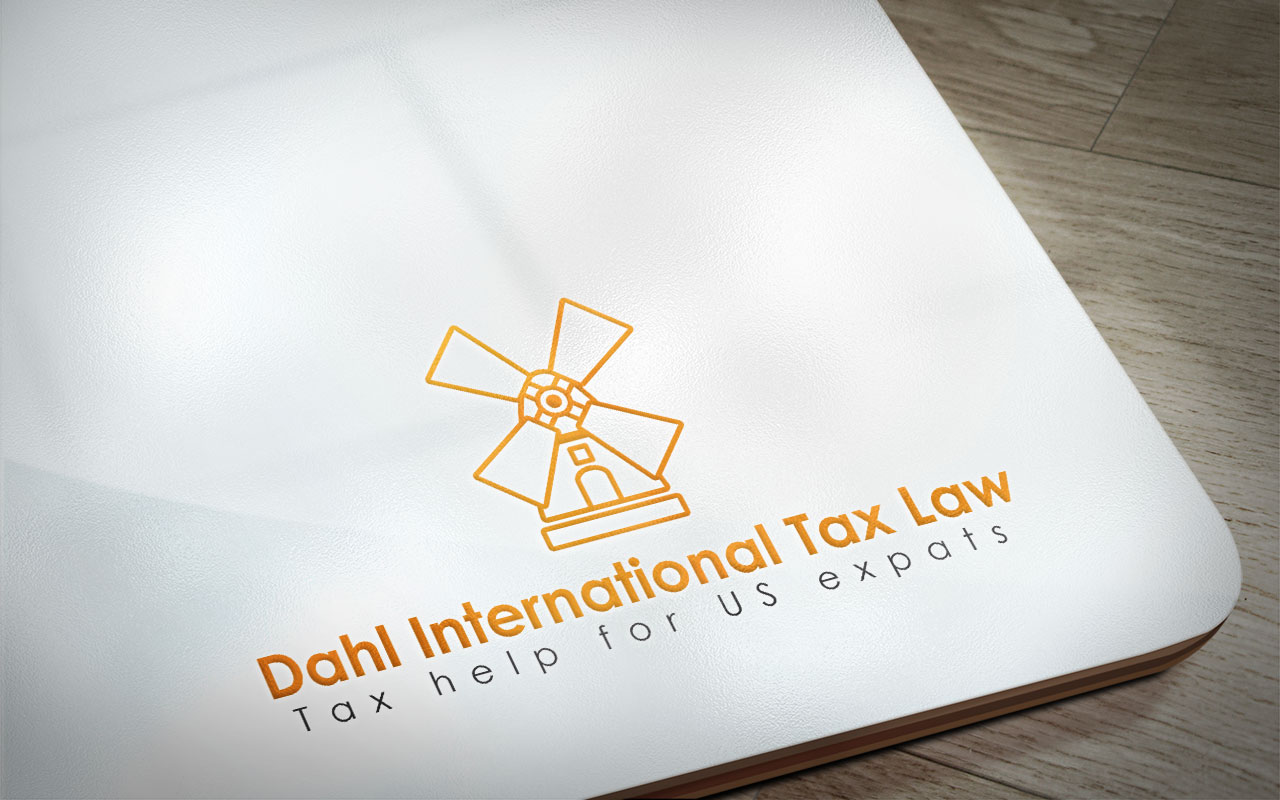On Friday, the IRS issued a bulletin strongly urging Americans with undisclosed bank accounts outside the U.S. to come into compliance through the IRS amnesty programs. According to the IRS, waiting for detection risks substantially increased civil penalties and possible criminal prosecution.
“The groundbreaking effort around automatic reporting of foreign accounts has given us a much stronger hand in fighting tax evasion,” said IRS Commissioner John Koskinen. “People with undisclosed foreign accounts should carefully consider their options and use available avenues, including the offshore program and streamlined procedures, to come back into full compliance with their tax obligations.”
Under the Foreign Account Tax Compliance Act (FATCA) and the network of intergovernmental agreements (IGAs) between the U.S. and partner jurisdictions like The Netherlands, automatic third-party account reporting began this year, making it easier for the IRS to identify unreported offshore financial accounts. The IRS stated publicly that it continues to pursue cases in all parts of the world.
If you would like information about how to come into tax compliance and whether you qualify for the penalty waiver program, you can request a free, confidential consultation with U.S. Tax Attorney Christine Dahl by clicking HERE. Ms. Dahl maintains a private law practice in The Hague helping expat Americans understand and comply with U.S. financial regulations.



